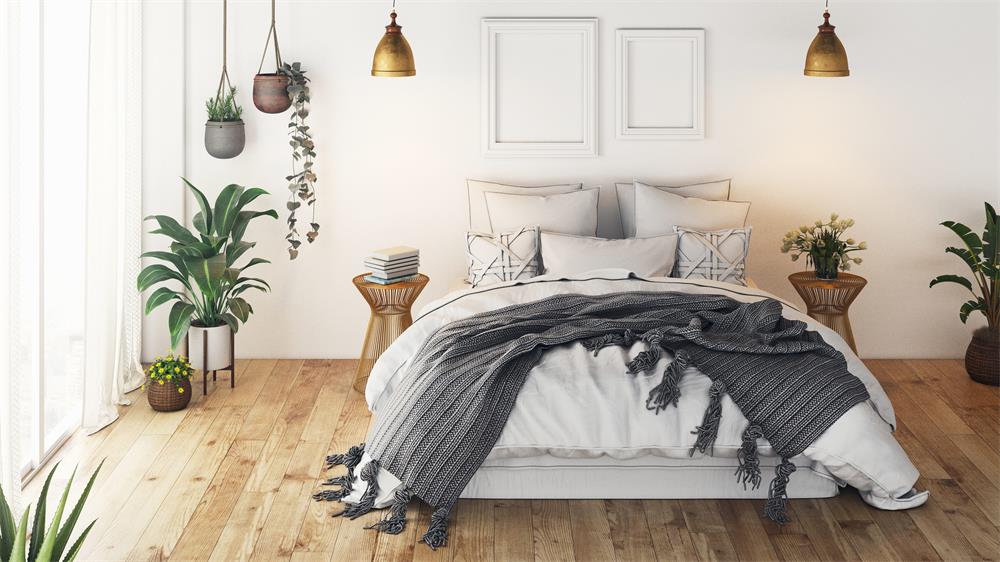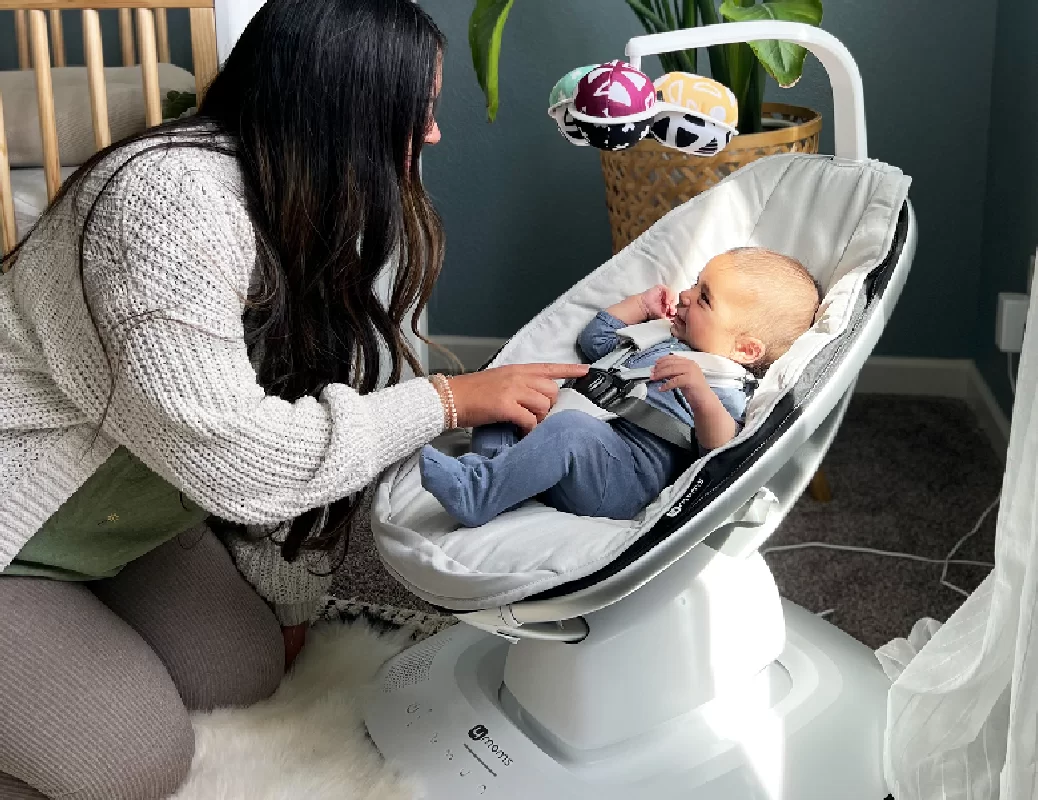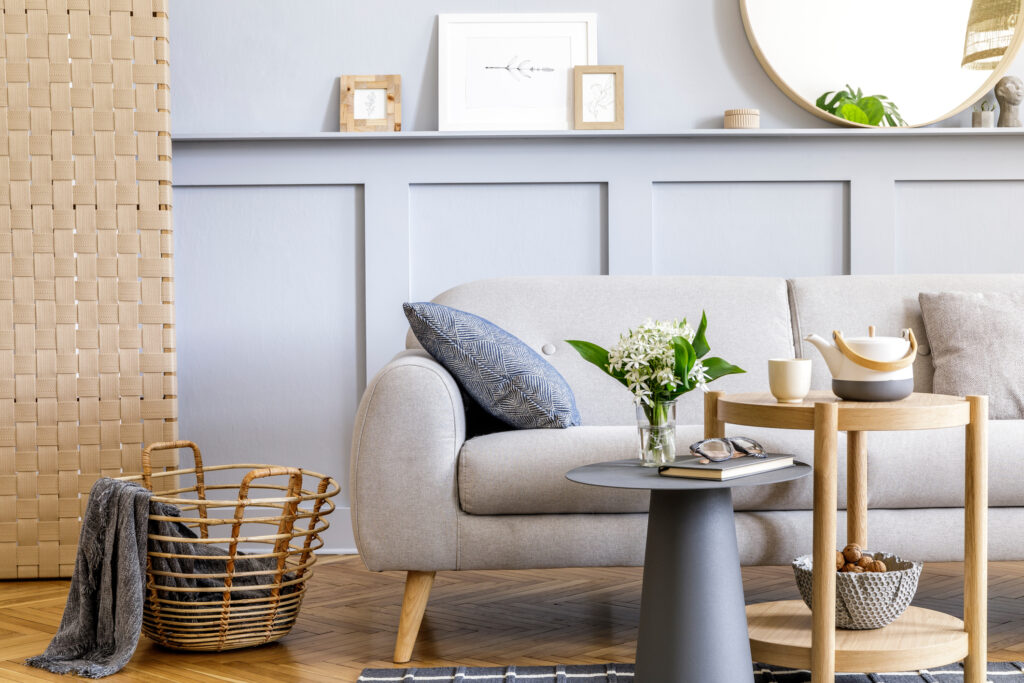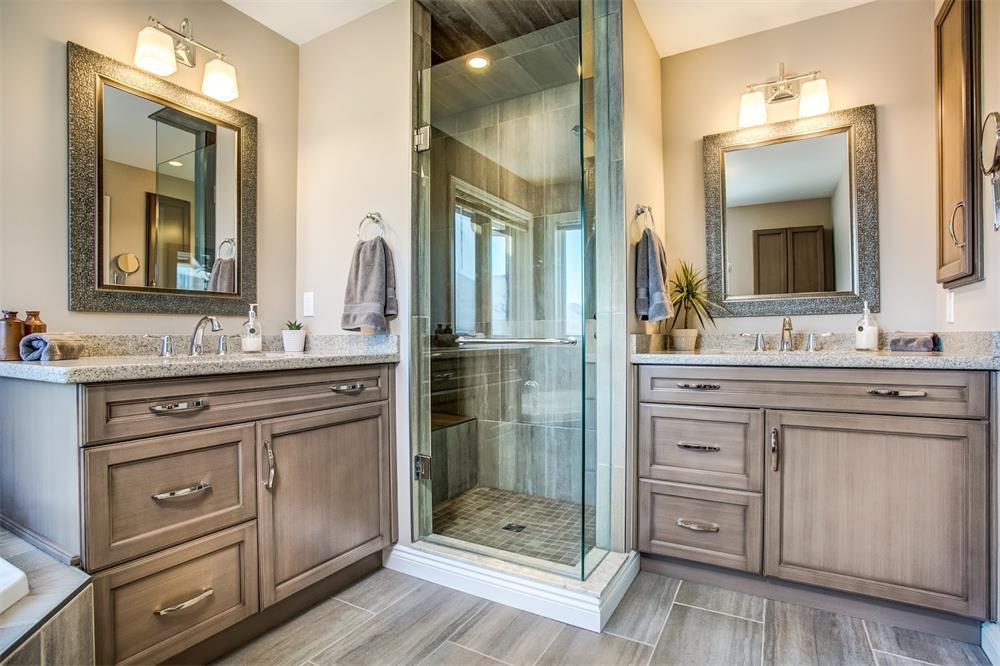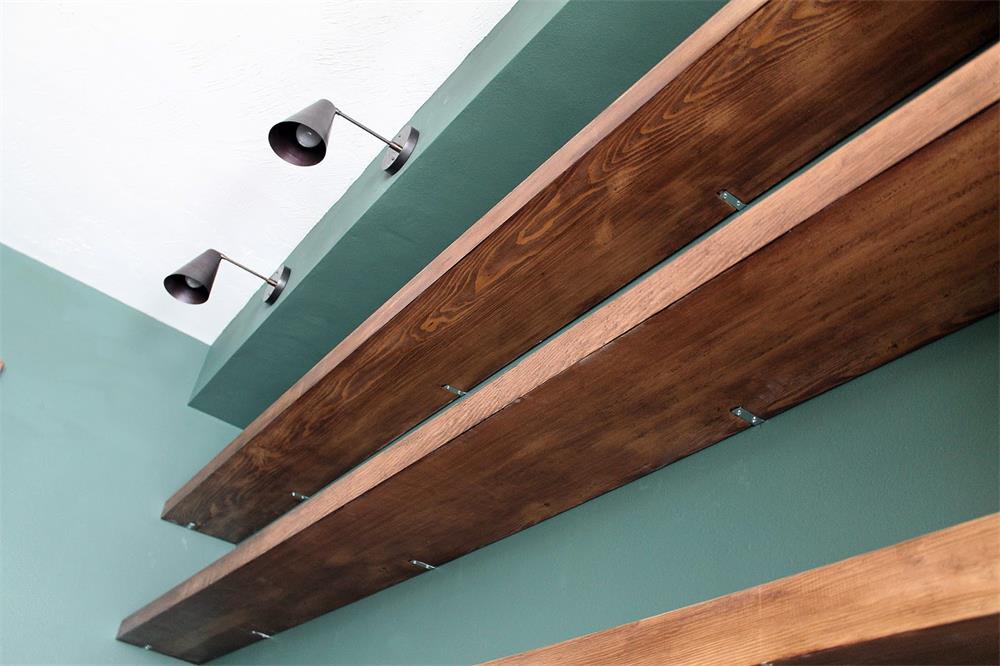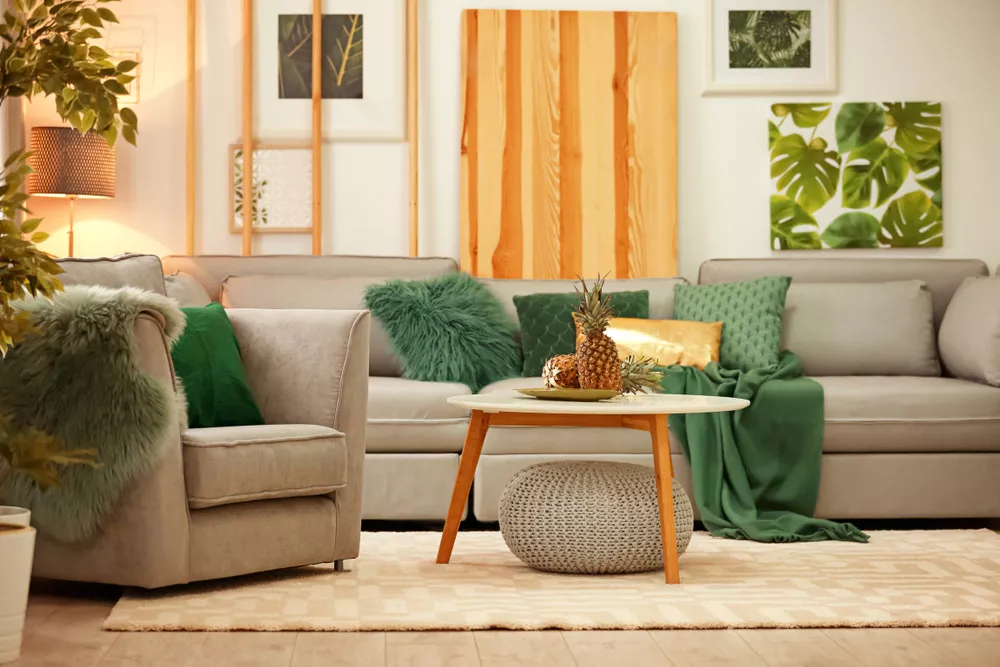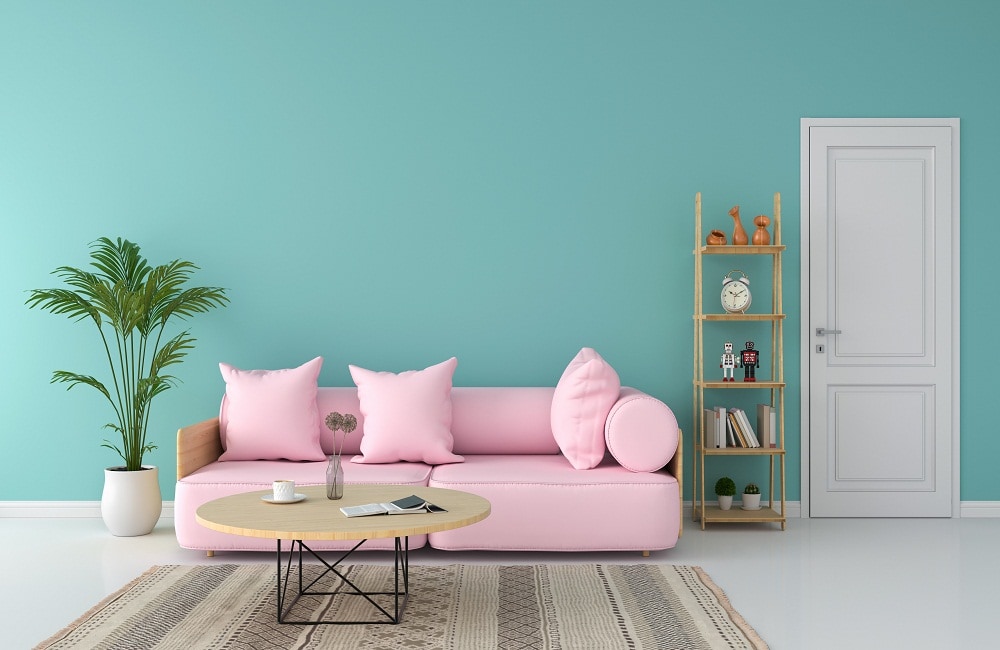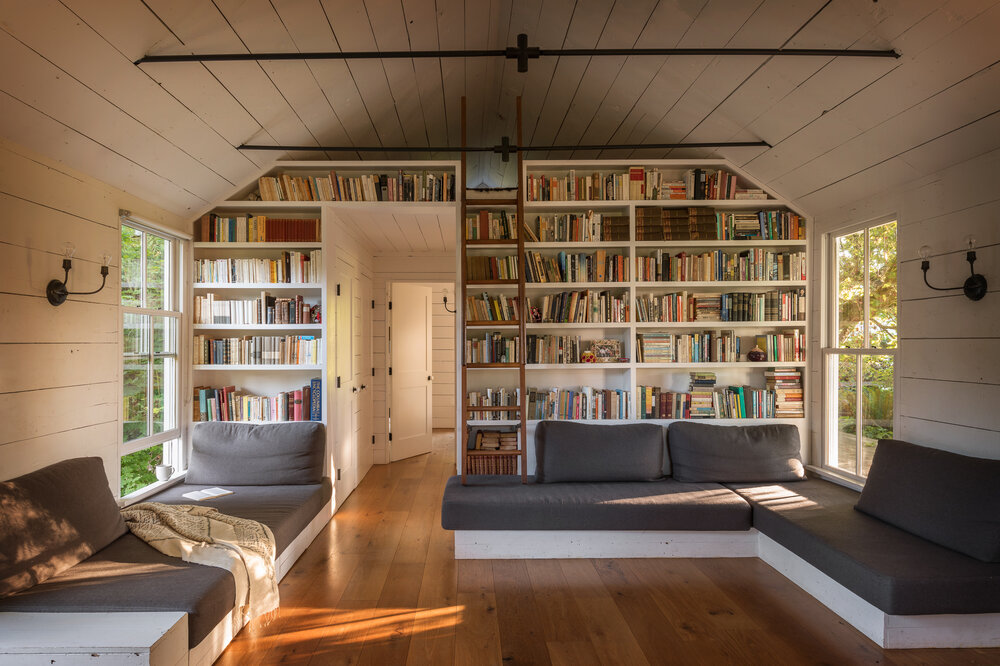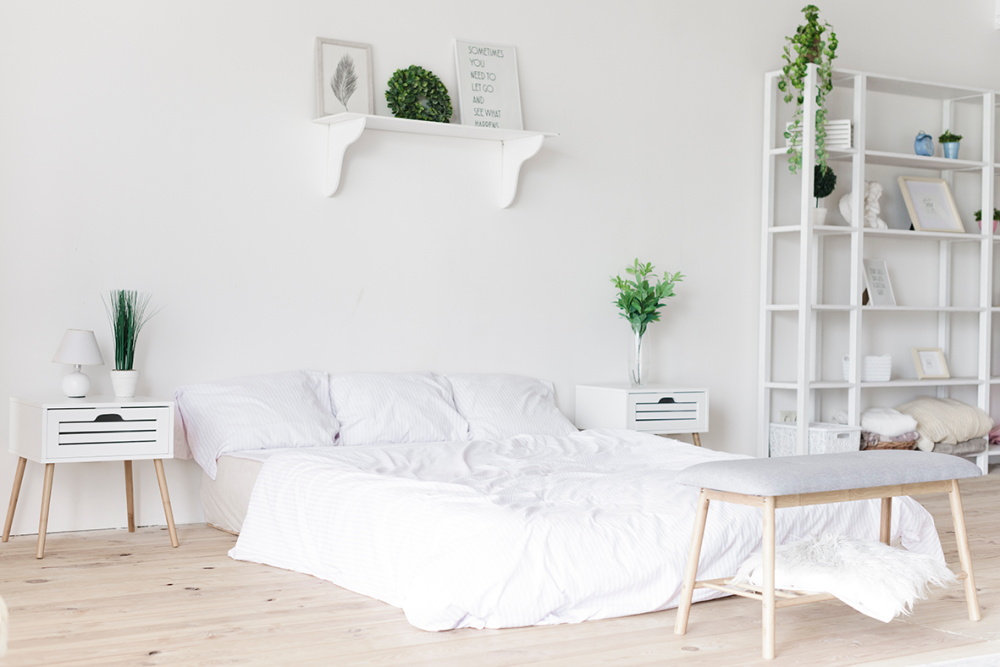Your bedroom should be a place where you can unwind and recharge. It should be cozy, inviting, and free of any clutter, distractions, or stressors. To create a bedroom that promotes restful sleep and relaxation, here are seven items you should avoid keeping in your bedroom.
Contents
1. Clothes and Exercise Equipment
A cluttered bedroom can make you feel anxious and restless. That’s why you should keep your clothes organized and out of sight. Don’t use your bedroom as a laundry room or a dressing room. Put away your clean clothes in drawers or closets, and toss your dirty clothes in a hamper or a basket. If you have an accent chair in your bedroom, don’t pile it with clothes either.
Your bedroom is also not a place for working out. Leave your exercise equipment in another room, such as a basement, a garage, or a spare room. Having a treadmill, a bike, or a yoga mat in your bedroom can remind you of your unfinished tasks and make it harder for you to relax.
2. Work-Related Items
Your bedroom should be a sanctuary from your work-related worries and responsibilities. That’s why you should avoid keeping any office equipment, such as printers, shredders, or laptops in your bedroom. You should also avoid having a desk in your bedroom, unless it’s a simple writing desk that doesn’t trigger any work-related thoughts.
If you have to work from home, try to designate a separate area for your home office. If that’s not possible, at least keep your work-related items out of sight when you’re not using them. For example, you can use a folding desk that can be stored away when not in use, or a storage ottoman that can hide your laptop and papers.
3. Blinds
Blinds may seem like a practical choice for window treatments, but they can also make your bedroom look cold and dreary. Blinds can also let in unwanted light and noise, which can disrupt your sleep quality.
Instead of blinds, opt for curtains or drapes that can add warmth and coziness to your bedroom. You can choose curtains that match your color scheme and style preferences. You can also layer curtains with blackout liners or shades to block out any light and noise.
4. Too Much Artwork
Artwork can add personality and interest to your bedroom, but too much artwork can also create visual clutter and overstimulation. You don’t want your bedroom walls to look like a gallery or a museum.
Instead of hanging multiple prints or paintings on your walls, choose one or two pieces that make you feel calm and happy. You can also use other ways to decorate your walls, such as wallpaper, paint, or plaster. For example, designer Emma Montgomery created this peaceful bedroom with terracotta-colored plaster walls that have a soothing texture and eliminate the need for art.
5. Excess Open Shelving
Open shelving can be useful for storing books, plants, or knickknacks in your bedroom, but too much open shelving can also lead to clutter and dust accumulation. You don’t want your bedroom shelves to look like a storage unit or a library.
Instead of having excess open shelving in your bedroom, limit yourself to one or two shelves that display only the items that you love and use regularly. Keep the rest of your items in closed cabinets or drawers that can keep them organized and dust-free.
6. Pet Supplies
If you have a furry friend, you may be tempted to keep their bed, toys, food, or litter box in your bedroom. However, this can also affect your sleep quality and hygiene. Pet supplies can take up valuable space, create odors, attract pests, and trigger allergies.
Instead of keeping pet supplies in your bedroom, find another spot for them in your home. You can also train your pet to sleep in their own bed or crate instead of yours. This way, you can avoid any pet hair, dander, or accidents on your bed.
7. Electronics
Electronics are one of the biggest enemies of a good night’s sleep. Devices such as TVs, phones, tablets, or gaming consoles can emit blue light that can suppress your melatonin production and keep you awake. They can also distract you from falling asleep with notifications, messages, or entertainment.
Instead of keeping electronics in your bedroom, leave them in another room or turn them off at least an hour before bedtime. You can also use an alarm clock instead of your phone to wake you up in the morning. If you need some background noise to fall asleep, you can use a white noise machine or a fan instead of a TV or a radio.

